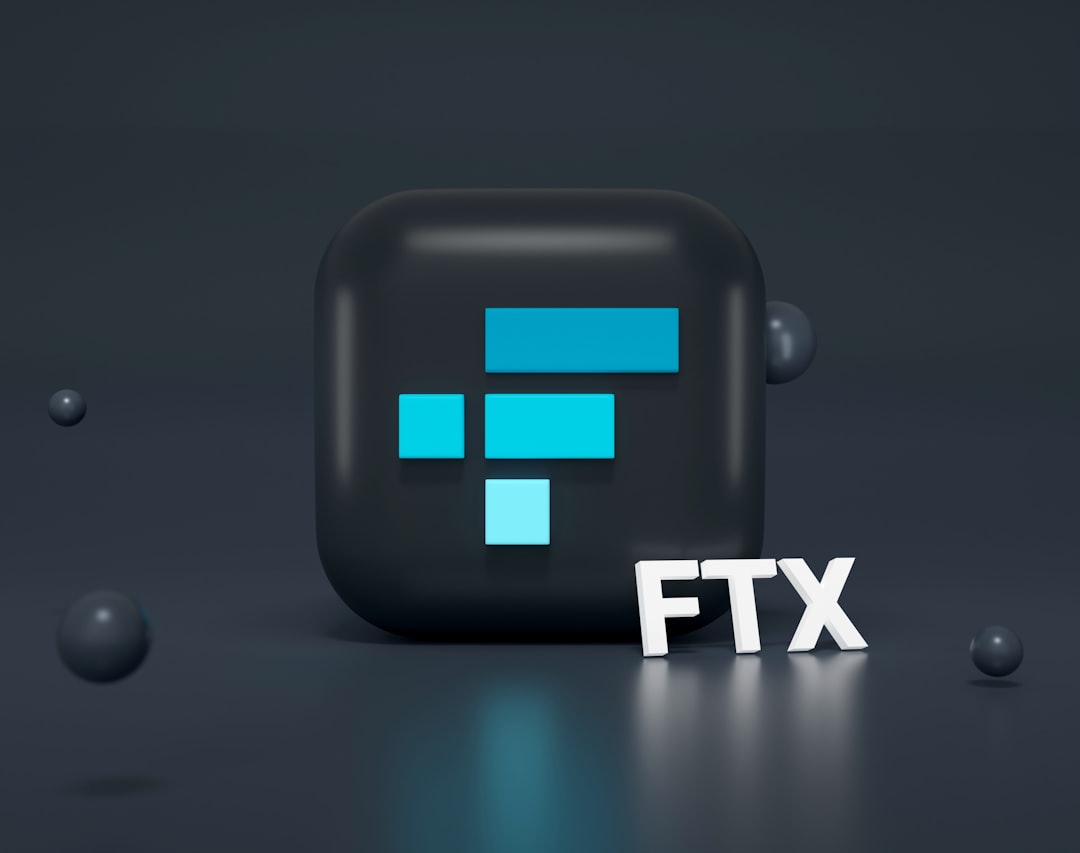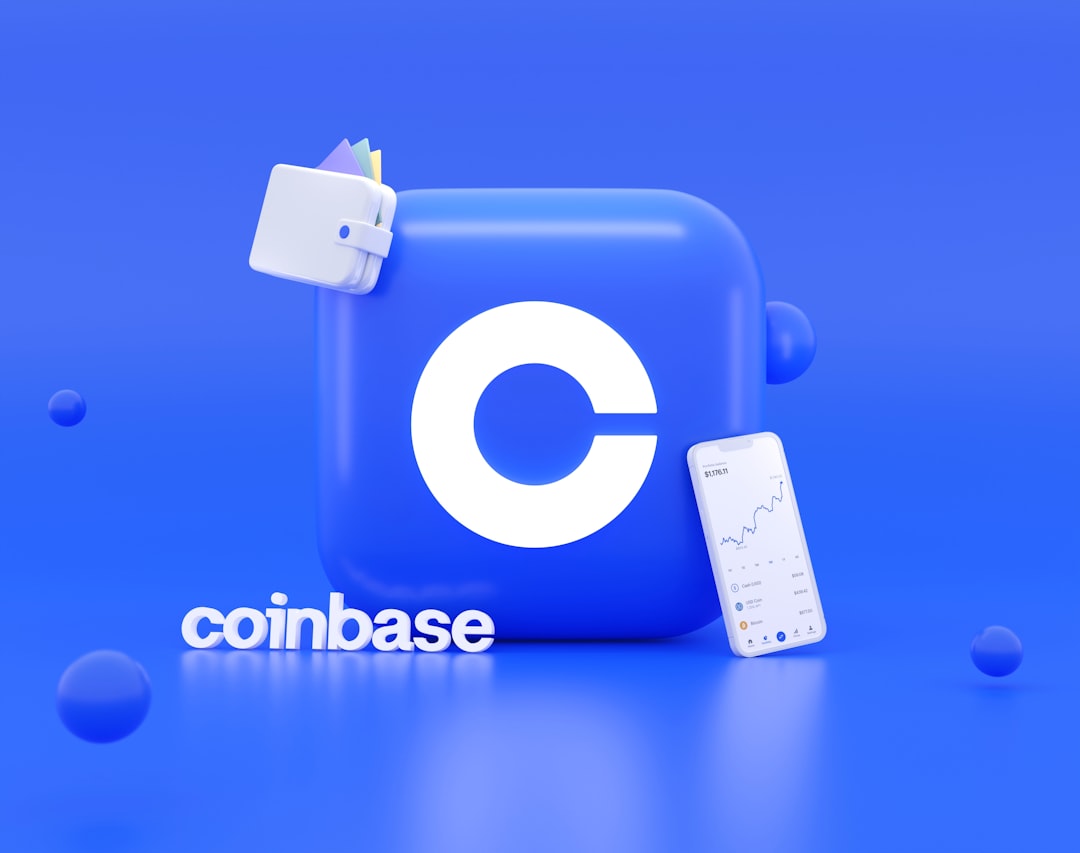Decentralized Finance (DeFi) is a term used to describe the use of blockchain technology to create financial applications that are accessible to everyone and completely decentralized. The DeFi ecosystem is built on top of public blockchains, like Ethereum, and is open to anyone with an internet connection.
DeFi aims to disrupt the traditional financial system by creating a more transparent, accessible, and inclusive financial system. It is designed to be an alternative to the centralized financial system, which is dominated by banks and other financial institutions that control the flow of money and dictate the rules.
DeFi is important in the crypto world because it enables anyone to participate in the financial system, regardless of their location, background, or financial status. It removes the need for intermediaries and puts power back into the hands of the people.
The DeFi ecosystem is growing rapidly, with new applications being developed every day. From decentralized exchanges (DEXs) to lending platforms, there is a wide range of DeFi applications that are changing the way we think about finance.
DeFi is also important because it is built on top of public blockchains, which are highly secure, transparent, and immutable. This means that transactions are recorded on a public ledger that cannot be altered, providing a high degree of transparency and accountability.
Overall, DeFi is important in the crypto world because it represents a new way of thinking about finance that is more transparent, accessible, and inclusive. It has the potential to disrupt the traditional financial system and create a more equitable and fair financial system that benefits everyone.
Disrupting Traditional Finance: How DeFi is Challenging Traditional Financial Systems and Institutions
When DeFi was first introduced, many traditional financial institutions scoffed at the idea that a decentralized financial system could compete with their centuries-old model. However, as the popularity of DeFi continues to grow, it’s becoming increasingly clear that this new way of doing things has the potential to shake up the entire financial industry.
One of the biggest ways that DeFi is disrupting traditional finance is by removing the middlemen that have long been a part of the financial system. In traditional finance, banks and other financial institutions act as intermediaries between individuals and their money. They decide who gets loans, who can invest, and how much interest people earn on their savings. With DeFi, these intermediaries are no longer necessary. Instead, individuals have direct control over their money and can use it as they see fit.
Another way that DeFi is challenging traditional finance is through its use of blockchain technology. Blockchain allows for secure, transparent transactions without the need for a central authority to oversee them. This means that DeFi applications can operate in a trustless, decentralized environment, where everyone has access to the same information and can make informed decisions about how to use their money.
Finally, DeFi is also disrupting traditional finance by making financial services more accessible to people who have been marginalized by the current system. For example, many people around the world don’t have access to basic banking services like loans or savings accounts. DeFi can offer these services to anyone with an internet connection, regardless of where they live or their financial situation.
Overall, DeFi represents a fundamental shift in the way that we think about and interact with money. By removing middlemen, using blockchain technology, and making financial services more accessible, DeFi has the potential to create a more equitable and transparent financial system for everyone.
One of the biggest ways that DeFi is disrupting traditional finance is by removing the middlemen that have long been a part of the financial system.
The Benefits of DeFi: Advantages of Using DeFi Over Traditional Finance
DeFi, or decentralized finance, is seen as a disruptive force in the world of finance. But why exactly is it so important? What are the benefits of using DeFi over traditional finance? Let’s explore some of the advantages.
Firstly, DeFi is all about transparency. Traditional finance is often criticized for being opaque and complex, making it difficult for consumers to understand what’s going on with their money. With DeFi, everything is on the blockchain, which means that transactions are publicly visible and auditable. This level of transparency gives users more confidence and trust in the system, which is particularly important for those who have been let down by traditional finance in the past.
Secondly, DeFi is much more accessible than traditional finance. In many parts of the world, traditional financial institutions are simply not available. This can be due to a lack of infrastructure, or because traditional banks are simply too expensive for many people to use. DeFi, on the other hand, is open to anyone with an internet connection. All you need is a compatible wallet, and you’re good to go. This means that even people who have previously been excluded from financial systems can now participate and benefit from DeFi.
Another advantage of DeFi is that it’s incredibly flexible. Traditional financial institutions often have rigid structures and rules that can make it difficult for people to access the services they need. With DeFi, however, everything is customizable. This means that developers can create applications that cater to specific user needs, whether that’s a lending platform, a prediction market, or something else entirely. This flexibility means that DeFi is constantly evolving, with new applications and use cases being developed all the time.
Finally, DeFi is incredibly fast and efficient. Traditional finance can often be slow and cumbersome, with transactions taking days or even weeks to process. With DeFi, transactions are processed almost instantly, meaning that users can move their money around quickly and easily. This speed and efficiency is particularly important for businesses, who need to be able to respond quickly to changing market conditions.
Overall, there are many benefits to using DeFi over traditional finance. From increased transparency to greater accessibility, DeFi has the potential to revolutionize the world of finance. As the technology continues to evolve, it will be interesting to see how it impacts the financial industry as a whole.
With DeFi, transactions are processed almost instantly, meaning that users can move their money around quickly and easily.
DeFi Applications: Exploring the Exciting World of Decentralized Finance
Now that we’ve discussed the benefits of DeFi over traditional finance, let’s take a closer look at some of the exciting applications that are being developed in the world of decentralized finance.
First up are decentralized exchanges (DEXs), which are designed to facilitate peer-to-peer trading of cryptocurrencies without the need for intermediaries or centralized entities. Some of the most popular DEXs include Uniswap, SushiSwap, and PancakeSwap, which allow users to trade tokens in a trustless and transparent manner.
Lending platforms are another popular DeFi application, which allow users to earn interest on their cryptocurrency holdings by lending them out to other users. Platforms like Aave, Compound, and MakerDAO have gained significant traction in recent years, offering users the ability to borrow and lend a wide range of cryptocurrencies.
Prediction markets are also an exciting application of DeFi, allowing users to bet on the outcome of real-world events such as elections, sports games, and other events. Platforms like Augur and Gnosis have been developed to enable users to create and participate in decentralized prediction markets, providing transparency and accuracy in a space that has traditionally been dominated by centralized entities.
These are just a few examples of the many exciting DeFi applications that are being developed today. As the space continues to evolve and new technologies are developed, we can expect to see even more innovative and disruptive applications emerge.
Of course, it’s important to remember that DeFi is not without its challenges and risks. As with any emerging technology, there are security concerns and regulatory challenges that need to be addressed. However, the potential benefits of decentralized finance are too significant to ignore, and many believe that DeFi has the potential to revolutionize the way we think about money and finance.
So, whether you’re a seasoned crypto trader or just getting started in the space, it’s worth exploring the exciting world of DeFi applications and discovering how they can help you achieve your financial goals in a transparent, accessible, and decentralized manner.
However, the potential benefits of decentralized finance are too significant to ignore, and many believe that DeFi has the potential to revolutionize the way we think about money and finance.
The Challenges and Risks of DeFi
While DeFi is undoubtedly a promising technology, it is not without its challenges and risks. As with any emerging technology, there are several potential pitfalls that users should be aware of.
One of the most significant risks associated with DeFi is security. Decentralized finance platforms are vulnerable to various security threats, including hacking attacks, smart contract bugs, and phishing scams. A single security breach can result in significant financial losses for users, which is why it is crucial to exercise caution when dealing with DeFi platforms.
Another challenge facing DeFi is regulatory uncertainty. Since DeFi operates entirely outside the traditional financial system, it is not subject to the same regulations as traditional financial institutions. However, this lack of regulatory oversight means that DeFi platforms may be at risk of regulatory crackdowns in the future, which could undermine their viability as an alternative to traditional finance.
Moreover, DeFi platforms are still in their early stages of development, and as a result, there is a lack of mainstream adoption. Not many people are aware of DeFi, and those who are may face a steep learning curve when trying to navigate this new and complex world.
Despite these challenges, the potential of DeFi cannot be ignored. The benefits of decentralization are undeniable, and DeFi has the potential to democratize finance by providing access to financial services to anyone with an internet connection. Furthermore, the transparency of DeFi platforms provides users with greater visibility and control over their financial transactions, making it an attractive alternative to traditional finance.
DeFi is a technology that is still in its infancy, and as such, it faces several challenges and risks. However, the potential of DeFi is enormous, and as the technology evolves and matures, it is likely to become an increasingly popular alternative to traditional finance. As with any emerging technology, it is important to exercise caution and take the necessary steps to protect your assets when using DeFi platforms.
A single security breach can result in significant financial losses for users, which is why it is crucial to exercise caution when dealing with DeFi platforms.
The Future of DeFi: Exploring the Potential Growth and Impact on the Financial Industry
As we have seen, DeFi has come a long way in a very short amount of time. The space is evolving rapidly, with new projects and applications being developed and launched every day. But what does the future hold for DeFi? The potential for growth and impact on the financial industry is immense.
One of the most exciting aspects of DeFi is its potential to democratize finance. With its open and permissionless nature, DeFi has the potential to provide access to financial services to anyone with an internet connection, regardless of their location or socioeconomic status. This could be a game-changer for millions of people around the world who are currently underserved by traditional financial institutions.
Another area where DeFi could have a significant impact is in the realm of cross-border payments. Traditional payment systems are slow, expensive, and often subject to a range of fees and restrictions. DeFi could potentially provide a faster, cheaper, and more accessible alternative, allowing people to send and receive payments across borders with ease.
As DeFi continues to grow and mature, we can also expect to see more complex financial instruments being developed. Already, we are seeing the emergence of DeFi derivatives, synthetic assets, and decentralized insurance products. These products have the potential to bring significant innovation to the financial industry, opening up new investment opportunities and risk management strategies.
Of course, as with any new technology, there will be challenges and risks to navigate. DeFi is still in its early stages, and there are many regulatory and security concerns that need to be addressed. However, the potential benefits of DeFi are too great to ignore. We must work together as a community to ensure that DeFi can reach its full potential while mitigating risks and promoting responsible innovation.
The future of DeFi is bright. The potential for growth and impact on the financial industry is immense, and we are only just scratching the surface of what is possible. As we continue to explore the potential of DeFi, we must remain open-minded, curious, and collaborative. Together, we can build a more decentralized, transparent, and accessible financial system for all.
The potential for growth and impact on the financial industry is immense, and we are only just scratching the surface of what is possible.
Conclusion: Why DeFi is a Game-Changer for the Crypto World and Beyond
DeFi is an exciting concept that has captured the imagination of crypto enthusiasts worldwide. It represents a new way of thinking about finance and has the potential to disrupt traditional financial systems in a big way.
In this blog post, we’ve explored the various aspects of DeFi, including what it is, how it challenges traditional finance, the benefits it offers, and the risks and challenges associated with it. We’ve also looked at some examples of DeFi applications and discussed the potential future of DeFi.
But why is DeFi such a game-changer for the crypto world and beyond? Well, for starters, it has the potential to create a more transparent and accessible financial system. By removing intermediaries and enabling peer-to-peer transactions, DeFi can provide a more efficient and cost-effective way of conducting financial transactions.
Furthermore, DeFi is not just limited to the world of cryptocurrencies. It has the potential to impact traditional finance as well. By offering new ways of financing and investing, DeFi could open up opportunities for individuals and businesses that previously would have been out of reach.
But perhaps the most exciting aspect of DeFi is its potential for innovation. As new applications and use cases are developed, we are only beginning to scratch the surface of what DeFi can do. The possibilities are truly limitless.
In conclusion, DeFi represents a significant shift in the way we think about finance. It challenges the traditional models and opens up new opportunities for individuals and businesses alike. And with its potential for innovation, we can expect to see even more exciting developments in the future. So if you haven’t already, it’s time to start paying attention to DeFi – the future of finance is here.





